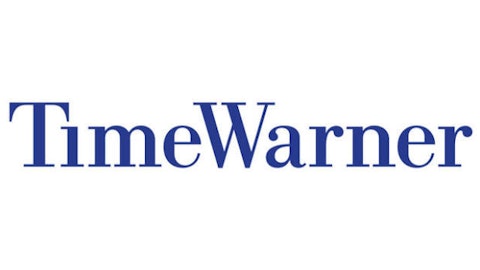On the eve of Netflix, Inc. (NASDAQ:NFLX)‘s second-quarter earnings report, the company got some bad news from a partner. This disaster will serve as an important test for the Netflix, Inc. (NASDAQ:NFLX) model of TV shows over the Internet.

The racing snails who failed to win box office honors this weekend. Will they do better on Netflix? Image source: PR Newswire.
So Turbo is kind of a big deal, not only for Dreamworks Animation Skg Inc (NASDAQ:DWA) but also for content partner Netflix. The digital video veteran has already produced five original shows, mostly to good reviews. House of Cards and Arrested Development are up for Emmy consideration in some high-value categories, and Hemlock Grove competes for some less prestigious technical Emmys. Next year, I wouldn’t be surprised to see Orange Is the New Black in the running for both drama and comedy awards.
Netflix is investing untold millions ( literally untold — Netflix never discloses the size of its original content projects) in these original shows and plans to increase these investments next year. But the Turbo series will lean on a shockingly weak tentpole.
Turbo bowed to American audiences this weekend, and the numbers are in. According to Box Office Mojo , the film scraped together $21.5 million for an uninspiring third place on this weekend’s chart. Time Warner Inc (NYSE:TWX)‘s R-rated, low-budget horror film The Conjuring scared up a $41.5 million pole position, followed by the third week of Universal Studios’ Despicable Me 2 at $25 million.
Universal owner Comcast Corporation (NASDAQ:CMCSA) and Time Warner Inc (NYSE:TWX) can celebrate their unexpected successes. The Conjuring was made on a minuscule $20 million budget, and R ratings often act as box office speed bumps. Nobody expected a home run. But the largely no-name creative team delivered some serious scares, conjuring up a fantastic 84% “fresh” rating on Rotten Tomatoes. Create something great and the free word-of-mouth marketing will come, and that’s what happened to Time Warner Inc (NYSE:TWX)’s demonic film.
As for Despicable Me 2, Comcast Corporation (NASDAQ:CMCSA) must have expected a large haircut this week as the racing snails arrived to steal potential viewers from the same target demographic. But it didn’t happen. The Steve Carell vehicle with a production budget about half the size of Turbo‘s stayed strong in its third week. That’s as much a testament to Despicable‘s quality as it is to the Turbo concept not appealing to kids and their parents.
This is very bad news for Dreamworks Animation Skg Inc (NASDAQ:DWA) and Netflix. Turbo is underperforming last year’s Rise of the Guardians, which bombed at the domestic box office despite an all-star cast and heavy marketing support. It’s starting to look like Dreamworks Animation Skg Inc (NASDAQ:DWA) and Netflix have a non-starter on their hands with the follow-up TV series.
It’s a little early to draw any long-term conclusions from this huge miss. After all, Guardians ended up earning its keep with a strong showing overseas plus very good DVD and Blu-ray sales. I don’t expect that title to sprout sequels, spin-offs, and TV series, but it’s also not the unmitigated disaster that the weak opening weekend seemed to portend.
How to find the big takeaway
In the end, this becomes an important litmus test for the Netflix distribution model. If Turbo: F.A.S.T. catches on with its young Netflix audience, it could light a fire under the core film’s video home sales as well. If not, well, there’s your first failed Netflix show and another whiff for Dreamworks Animation Skg Inc (NASDAQ:DWA). Wait until the show premieres on Netflix this fall, and then watch out for announcements of a second season — or lack thereof.
None of this will change the picture for tonight’s second-quarter earnings report, but it’s something to keep in mind for us long-term Netflix investors.
The article DreamWorks Animation’s False Start Will Test the Power of TV Over Internet originally appeared on Fool.com is written by Anders Bylund.
Fool contributor Anders Bylund owns shares of Netflix, but he holds no other position in any company mentioned.
Copyright © 1995 – 2013 The Motley Fool, LLC. All rights reserved. The Motley Fool has a disclosure policy.




